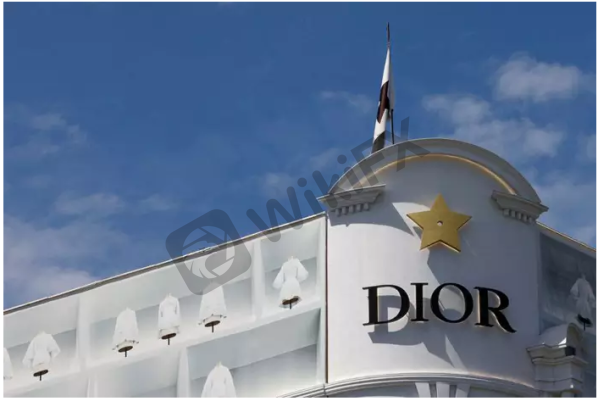
The euro tumbled below $1 on Wednesday for the first time in two decades on fears that rising energy prices triggered by the Ukraine conflict could tip the European Union into a prolonged economic crisis.
“It‘s like it’s on sale here,” said Wilson, 49, from Colorado, whose purchases included two dresses for her daughter. “Because the euro and the dollar are about the same, it definitely encourages us to spend.”
The weak euro is big draw for tourists, particularly Americans – who are flagged as a key growth driver for the European luxury goods sector in the second quarter, according to analysts from Barclays.
The strong dollar versus the euro contributed to a four-fold rise in tourism spending in Europe in June compared with last year, with an acceleration in spending from Americans, analysts at UBS, citing data from VAT refund provider Planet, said.
The luxury sector has rebounded quickly from the pandemic as people rushed to spend money saved during lockdowns — buying themselves treats as socialising resumed.
But sales in China, the worlds largest luxury goods market, have plunged this year as a new wave of strict COVID-19 lockdowns shuttered shops, crimped demand and also meant fewer high-spending Chinese tourists in Europe.
So as Americans fill up transatlantic flights, their eagerness to cash in on the weak euro is helping to replace business lost as a result of the lack of Chinese visitors, who were the main source of luxury sales growth in Europe pre-pandemic.
Luxury goods companies Richemont and Burberry on Friday reported higher sales in Europe, which helped to offset a drop of more than 30% in China.
France has benefited most from the tourists splurge.
Sales to tourists in France in June climbed to just 11.3% below 2019 levels, a positive sign for French luxury labels that have a big exposure to their home market, UBS analysts said.
American tourists were thronging Pariss Avenue Montaigne this week, browsing in the luxury boutiques, which include designer names such as Louis Vuitton, Chanel and Gucci.
Cheryl Penn, 70, a realtor from Delray Beach, Florida, had already bought herself a skirt and stocked up on baby clothes for her granddaughter.
“We just got on the Avenue, so we just started our shopping spree,” said Penn.
“I like that the euro and the dollar are equal so I know exactly what Im spending,” she said.
Jennifer Groner, a TikTok influencer, went on a shopping spree in Paris in April when the euro was under pressure versus the dollar.
“Ive never seen anything like this in terms of the price savings,” she told Reuters, estimating that she snapped up a Birkin bag from Hermes in Paris for $4,000 less than it would have cost her in the United States, paying little over $9,000, thanks also to a VAT refund.
“Youre able to travel to Europe, take in the culture but at the same time buy a bag,” said Groner, who also bought handbags and accessories from Prada, Dior, Louis Vuitton and Chanel, for overall savings of $8,000 compared with U.S. prices, based on her calculations.
Monika Arora, founder of pursebop.com, a news and information website for luxury brands, said she believes the brands will eventually “harmonise” prices.
“Theyve done that many times before,” she said.
Chanel told Reuters in May it could implement further price increases in July to account for currency fluctuations – particularly the weakness of the euro – and inflation.
The pull of Paris remains strong for American shoppers even though New Yorks high end shopping streets teem with luxury European designer brands.
“So many of my friends more than ever are taking little weekend trips to Paris and other places and they are shopping while they are there — because that‘s what you do while you’re in Paris,” said Jennifer Tumpowski, outside Gucci‘s flagship store on New York’s Fifth Avenue.

Leave a Reply